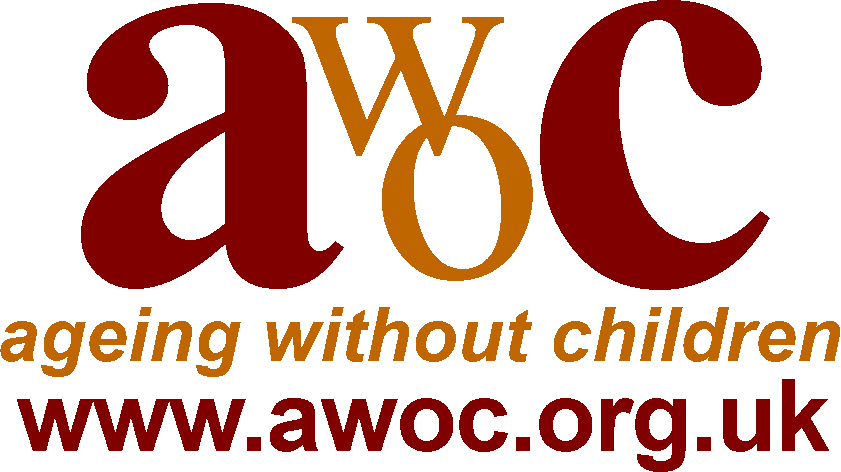People who have not had children either through choice, infertility or circumstance. For example, they or their partner or spouse are unable to have children; they are LGBTQ+; they did not meet someone with whom they wished to have children.
People who have had children, but those children have either predeceased them or are unable to offer help or support because they live at a great distance, or have care needs of their own.
People who have had children, but those children are unwilling to offer help and support because they are estranged or have no contact.
10%
People over the age of 60 have no children
20%
Over the age of 50 have no children
25%
More likely to go into a care home if someone is ageing without children
80%
Increase in number of single, childless older people needing care by 2032

PEOPLE AGEING WITHOUT CHILDREN ARE A THIRD MORE LIKELY TO BE CARERS FOR THEIR OWN PARENTS
THE ISSUE
Health and social care services are predicated upon the underlying assumption that families fill the gaps in service provision and, in the cause of older people particularly, that the people supporting them are largely their adult children.
Adult children provide help in different ways: for example, low-level support tasks such as accompanying a parent to medical appointments, helping with cleaning and shopping, reminding their parent to take medication. Adult children also help with personal care tasks, such as changing dressings to high-level support such as mediating with health and social services, looking after their parent's finances, and even being their part-time or full time carer.
Our health and care systems do not operate in a way that effectively supports people without family. Cuts in public spending on adult social care over recent years means that there has been a reduction in the types of services that provide lower-level support and a rise in the eligibility threshold reducing access to statutory support for many older people unless their needs are deemed critical or substantial. At the same time, many voluntary organisations have lost funding for help-at-home services and advocacy services. These services, which are particularly crucial for people without family, are under severe financial pressure and are often only funded to deliver advocacy required by law, for example under the Care Act 2014 or independent mental health advocacy.
Consequently, people ageing without children can be left without support and help at a time when they need it most.
"It’s a constant battle to get any help for my mum even though she’s in her 80’s and has dementia!! I feel like I am always having to shout really loudly to get anywhere. I wonder, who will be shouting for me? Or will I be the old lady dying alone in a hospital bed because no one cares?"
92% OF ALL UNPAID CARE IN THE UK IS PROVIDED BY FAMILY
WHAT IS AWOC DOING?
-
Providing Support: helping those ageing without children to have the resources they need
-
Policy and Campaigning: raising awareness and understanding of the issues affecting people ageing without children, and advocating the inclusion of people ageing without children in mainstream discussions on ageing.
-
Connecting People: bringing together people ageing without children online through its Facebook group, which has over 1,800 members, and through local groups such as the one in York which meets on a monthly basis with speakers and social events.





